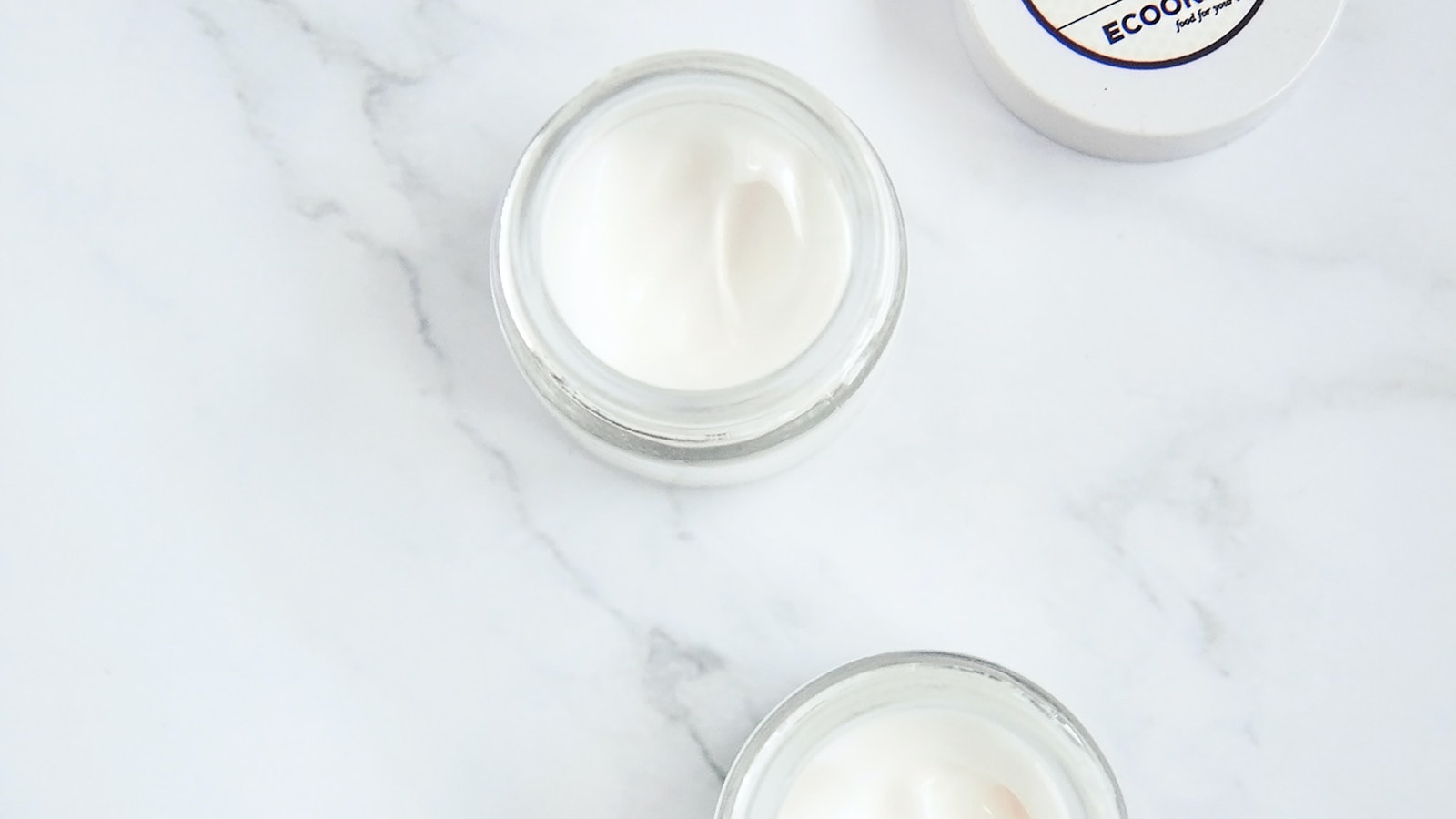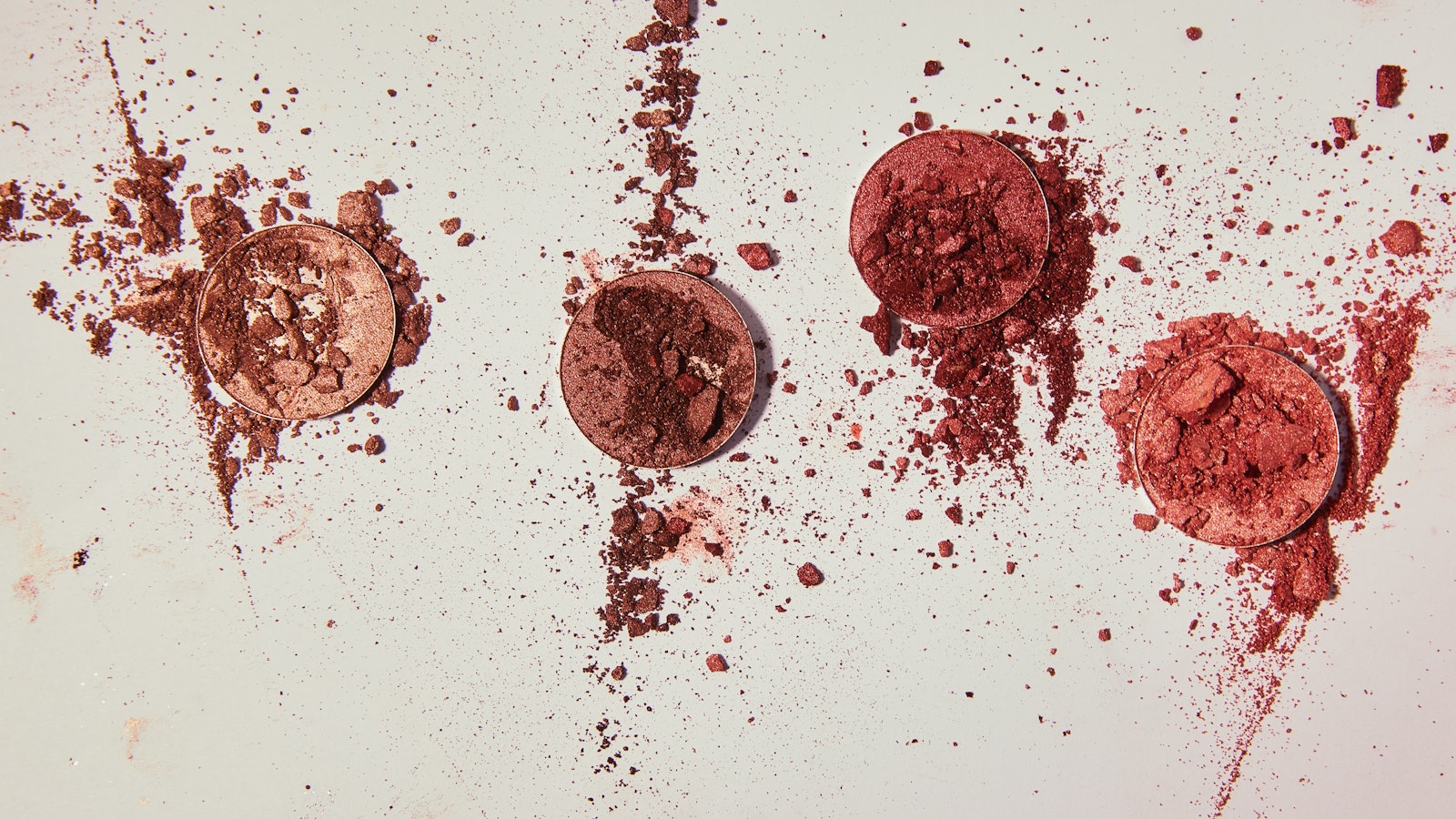Along with Sophie Kerbegian, she is the founder of Klira, a membership-based skin clinic through which patients can access two highly personalised complementary concepts that the team developed during the pandemic: SkinSizes™ and the Klira Special. SkinSizes™, the former a way of decoding your skin’s DNA, and the latter your ideal treatment formula based on the advanced epigenetic findings.

There is, then, no one better to guide us through the ever-changing needs of our skin as we enter the perimenopause and menopause. Here she talks us through what is happening, how we can deal with the changes – and busts a skin myth or two along the way.
Can you outline for us the breadth of skin issues women might face during menopause and perimenopause?
During perimenopause, which is the transitional phase leading up to menopause, several skin changes may occur due to hormonal fluctuations.
1. Dryness: Many women experience increased dryness of the skin during perimenopause. This can be attributed to the decline in oestrogen levels, which affects the skin's ability to retain moisture. It is crucial to use gentle, hydrating cleansers and moisturizers to combat dryness and maintain skin hydration.
2. Wrinkles and Fine Lines: Declining oestrogen levels can also accelerate the ageing process, leading to the formation of wrinkles and fine lines. To minimize their appearance, it is important to protect your skin from sun damage by using a broad-spectrum sunscreen daily and incorporating better ageing ingredients into your routine.
3. Acne: Hormonal imbalances during perimenopause can trigger acne breakouts, especially along the jawline and chin. Using non-comedogenic (non-pore-clogging) skincare products and maintaining a consistent cleansing routine can help manage acne. In some cases, dermatologist-prescribed treatments may be necessary.
4. Increased Sensitivity: Some women may experience heightened skin sensitivity during perimenopause. This can make the skin more prone to irritation and redness. Opting for fragrance-free and hypoallergenic skincare products can help minimise potential reactions and soothe sensitive skin.
5. Uneven Skin Tone: Hormonal changes can also cause an increase in pigmentation irregularities such as melasma or age spots. Applying a broad-spectrum sunscreen daily and using skincare products containing ingredients like vitamin C or niacinamide can help fade existing discoloration and prevent further pigmentation.
For some women as they hit their forties, they might suddenly experience acne, while others might be battling dry skin. Can you talk a little about why fluctuating hormones have these often quite dramatic effects on our skin?
As oestrogen levels decline during menopause, it can lead to changes in the skin's appearance and texture. Oestrogen plays a crucial role in maintaining collagen levels, which are responsible for the skin's elasticity and firmness. With lower oestrogen levels, collagen production decreases, causing the skin to become thinner and more prone to wrinkles and sagging. Oestrogen helps regulate oil production in the skin. As oestrogen declines, the skin may become drier and more prone to dryness-related issues such as itching and flaking. This can be particularly noticeable on the face, leading to a duller complexion.
Progesterone, on the other hand, has a slight oil-stimulating effect, and its decline during menopause can also contribute to drier skin. Additionally, progesterone helps maintain skin thickness by promoting the formation of new blood vessels, so its decrease may contribute to a more pale complexion.
While testosterone is typically associated with male characteristics, it is also present in women, albeit in lower amounts. Testosterone contributes to oil production in the skin. During menopause, testosterone levels may decline, which can result in a decrease in sebum production. This can lead to drier skin and a potential decrease in acne outbreaks for some women. However, it's important to note that individual variations exist, and some women may still experience acne or other skin-related issues during menopause.
Your SkinSize™ test offers the first online epigenetic skin-typing available. Can you tell us what is involved in that?
The test is 51 questions, based on a global scientific study of the skin. I created it during the pandemic when we had to move to remote consulting and started to do more research on how to accurately diagnose skin function online. The test is designed to emulate the experience that you would have with me in my clinic, and gives us an in-depth insight into your genetics and epigenetics, therefore allowing us to put together the very best treatment to get the best out of your skin.
What made you decide to set up Klira?
Every day in my private practice I’m able to put together beautiful, bespoke prescription formulations for my patients. It’s not just about medical ingredients but also the best conditioning cosmeceutical ingredients, formulated together just for that individual. These are creams that I know will do the job they intend to do, and will be a joy to use. But I can’t see everybody! Through Klira I can now give more people access to these bespoke prescription formulas, which is amazing.
It is subscription-based. Tell us more about how it works?
Anyone can come to Klira and take the epigenetic skin test for free. We use a categorisation method called SkinSizing to make all the information that’s wrapped up in that test easy to understand and for you to remember. Then, if you choose to sign up, you answer a few more medical questions, upload skin photographs and then our brilliant dermatology team review everything to create a full assessment of your skin. They decide on the final ingredients for your bespoke formula – your Klira Special – and then off it goes to the pharmacy. They formulate each one freshly for you, and it’s on your bathroom shelf 48 hours later. Pharmacy to face, we like to say! It lasts for four weeks, at which point a new one will be delivered in line with your plan – freshly made again.
We wouldn’t use remedies for any internal problems without consulting a doctor. Why do you think it has been so normalised for us just to employ a trial and error system when it comes to our skincare?
I think it’s very hard for most people to see a dermatologist. And if you have skin that doesn’t have a very severe problem, then you wouldn’t want to bother a doctor with that. But the truth is that even very common skin complaints, like premature ageing, dull skin, hormonal acne… they can still really get you down and stop you feeling your best. So instead we treat skincare a bit like fashion, trying on whatever is new and exciting to see if it’s the magic bullet. The key thing is that it’s important to invest in yourself and take the time to find what works, starting with understanding your skin first and not worrying about what anyone else is using.
What myths would you bust about skincare, especially as we age?
1. That Vaseline is all you need as a moisturiser. No. Your skin needs more than Vaseline as an effective moisturiser – it should be mixed with humectants and emollients.
2. That you don’t need SPF in winter. No, you need a good UVA protective SPF in winter and all SPF UVA filters are not the same.
3. That OTC retinoids are as effective as tretinoin. No, the gold standard for photo-damaged skin where there is change contributing to skin health changes requires a prescriptive retinoid.
If you could give peri/menopausal women one piece of advice when it comes to looking after their skin, what would it be?
There is no one piece of advice that suits all skin during menopause as everyone's journey is different. 1 piece try to understand what your skin needs are by taking the free skinsize consultation at Klira. And wear SPF.
By Nancy Alsop
December 2023





